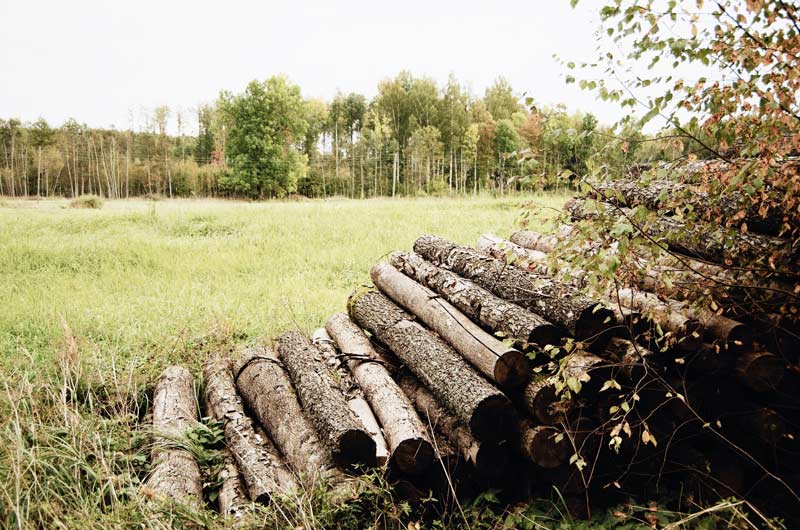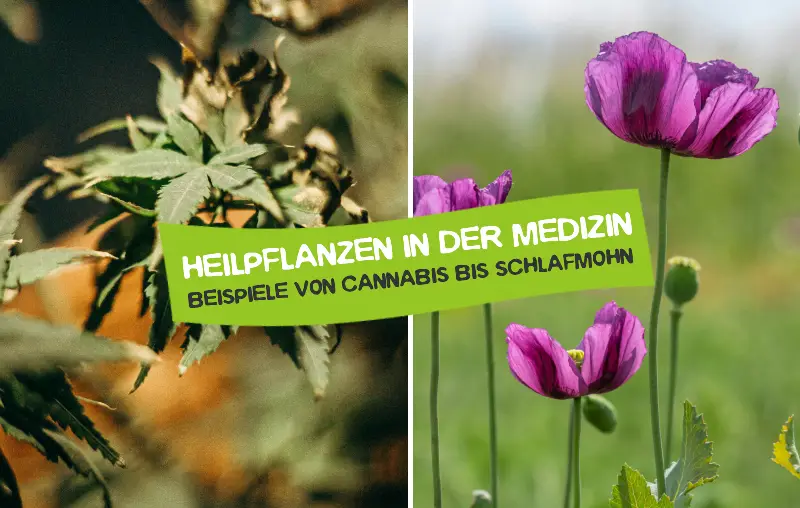What is sustainability? And what is meant by sustainable action? If you're looking for answers to these questions, you've come to the right place! It's great that in the media or in everyday conversations with colleagues and friends, more and more people are talking about the best possible sustainable lifestyle is talked about and discussed.
But what exactly does sustainability actually mean? The term itself is not very specific.
In this article, I would like to give you a simple, tangible definition and show you what sustainable action is all about. Let's go!
What is sustainability and how is the term defined?
If something is sustainable, then it basically has a for longer lasting effect. It is durable, environmentally compatible, long-lasting and also reasonable. Conversely, if a certain behavior is not sustainable, it means that it will not work that way in the long run.
By definition, acting sustainably means taking a sustainable approach to the personal consumption of natural raw materials and other resources of the earth, Consideration for the needs of future generations to take action. Sustainability therefore means not endangering the living conditions of future generations with one's own actions - and not living at the expense of other people or creatures on earth.
Or simply explained: We should simply only consume as many resources as can be regrown. It is precisely for this reason that the concept of sustainability plays a major role, especially in environmental protection and nature conservation.
Appropriate example: The Earth Overshoot Day (Engl.: Earth Overshoot Day) is the day of the year when mankind has consumed as many resources as the earth can renew in the whole year.
Where does the term "sustainability" come from?

The concept of sustainability has its origins in the Forestry. There, it was and is considered sustainable to only fell as many trees as can grow back. The aim is to ensure that the forest provides enough wood for future use.
But as we know, its significance today runs through all areas of life - from nutrition and mobility to energy management at home.
"Sustainable development is development that meets the needs of the present without compromising the ability of future generations to meet their own needs."
Brundland Report of the World Commission on Environment and Development, "Our Common Future," 1987.
"In essence, sustainable development is a process of change in which the use of resources, the destination of investments, the direction of technological development, and institutional change harmonize to increase current and future potential to meet human needs and aspirations."
The contents and definitions from the Brundtland Report from 1987 indicates that sustainability has played an important role for a long time. Today, the urgency of the solutions is just much more massive. The people living today have a responsibility to master the problems and challenges of today themselves - and must not leave the problem-solving to other generations. Change is indispensable for this.
Three pillars of sustainability
The Three-pillar model of sustainability assumes that sustainable development can only be achieved through the simultaneous implementation of ecological, economic and social tasks.
- The pillar of the "Ecology" deals above all with the careful handling of natural resources. We must not consume more than can be generated in the same period.
- At the column of "Economy" is about the fact that companies should focus on long-term existence and not on maximum profit in order to protect people and the environment.
- And the column "Social" addresses the responsibility of our actions towards other people according to the principles of sustainable action - according to justice, solidarity and equal opportunities.
Ultimately, acting according to these pillars should make our coexistence livable, viable and fair.
What does sustainability mean for all of us?

Sustainability has many faces. For example, it is sustainable if I only live off the interest on my savings. Nowadays, however, the term is mainly used when it comes to environmental protection or nature conservation. We must not consume more of the earth's resources than can be regrown.
But acting sustainably also means to know why you are doing it.
For example, to the greatest environmental problems of our time to solve - From Climate Change to the plastic waste in the sea. Or, to enrich our coexistence and create a peaceful coexistence of people, economy and nature that benefits everyone, not just individuals.
Perhaps also simply to lead the way, to inspire other people. And to leave our own children and grandchildren a planet that (we ourselves) enjoy living on.
The Environmental Awareness is in any case indispensable for sustainable consumption and sustainable action.
Understanding the definition of sustainability and acting accordingly
If I want the world to remain as beautiful as it is - or become as beautiful as it once was - then I should act in such a way that this goal can also be achieved. We are all in the same boat and must work together to ensure that it does not sink in the short, medium and long term.
So what is sustainability? Sustainability means, in our actions Consideration for our environment to take care of and protect them instead of burdening them and living at their expense. Ultimately, everyone benefits from this.
Perhaps you are now wondering how the Environmental protection in everyday life can look practical? For example, you live more sustainably if you more often by train and bicycle instead of traveling by car and plane. You can also make a big difference by eating less meat and opting for a plant-based diet instead.
There really are endless possibilities, all of which I will show you in my Book "Sustainable living for beginners (is available here*) to the hand. Take the first or next step now for a better and safer future.
"What we do today will determine what the world looks like tomorrow."
Marie von Ebner-Eschenbach (more at Sustainability Quotes)
Do you have any questions, tips or suggestions regarding the definition of sustainability? Then I look forward to your comment.
Stay sustainable,

PS: All about the topic There are many other technical terms for sustainability. Behind the link is a large wiki that I have created for you.







